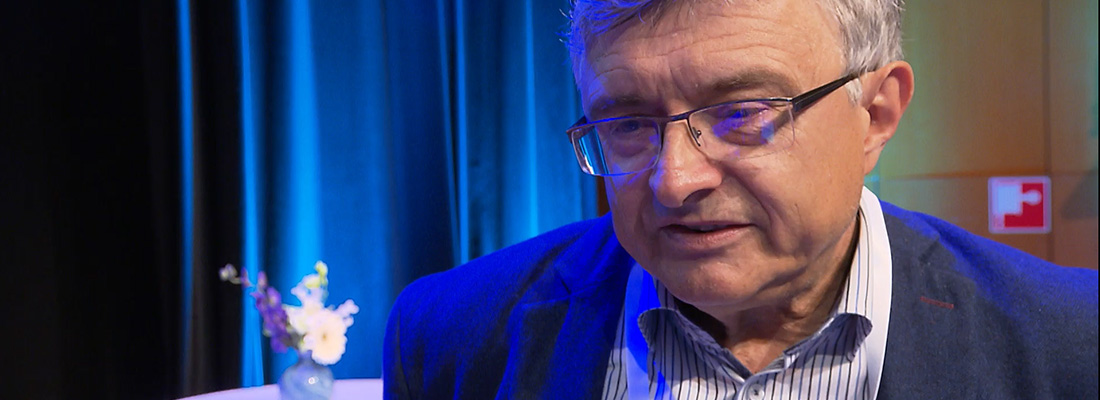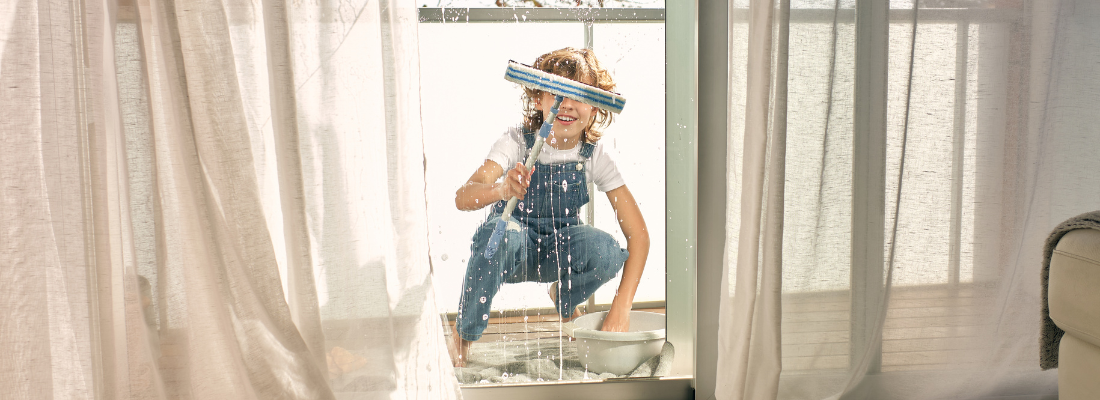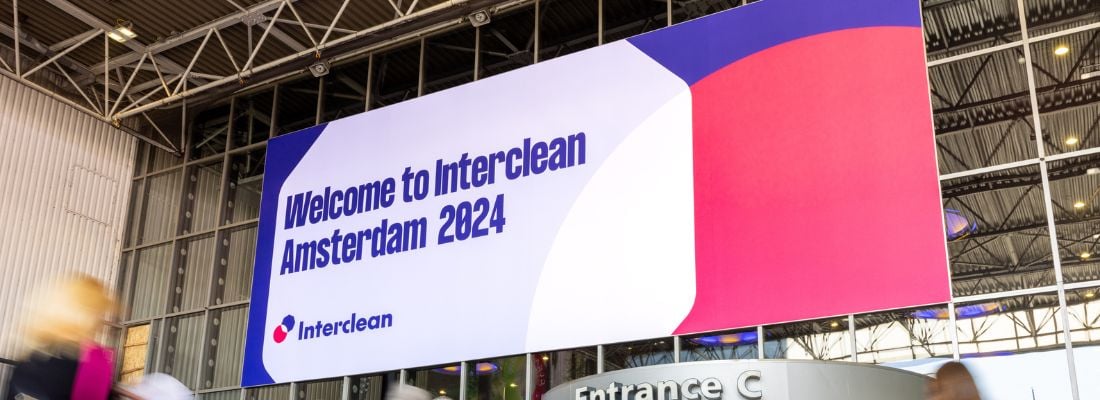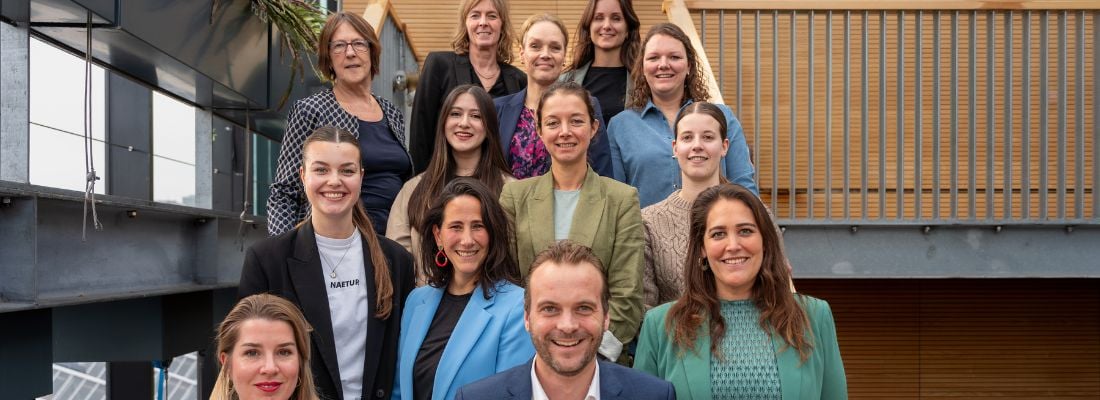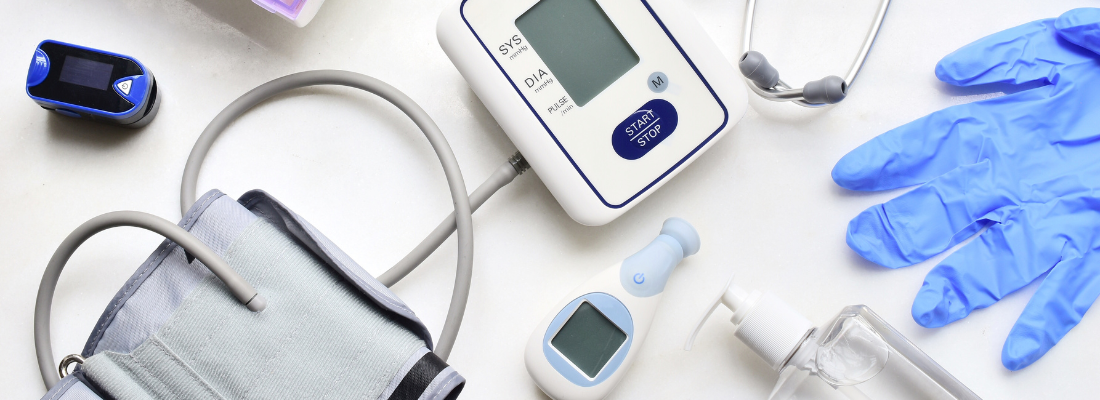Infection prevention is investing in our safety | Andreas Widmer
The past twenty years were like a honeymoon, says infection prevention expert Andreas Widmer. “We thought we were safe, so we didn’t invest a lot of money in our safety to prevent pandemics. But Covid-19 and now also the Monkey Pox have proven us wrong: we are not safe. Multi-resistant pathogens are one of the biggest threats to human society. We need to act now.” It’s up to scientists and the cleaning industry to work together in order to find a solution.
“It’s human to wait for the disaster to happen before we decide to act”, Widmer starts his argument. And a disaster is looming, he warns. “Jim O-Neil – an highly respected economist – estimates that in 2050 more people will die as a result of multi-resistant pathogens than from cancer and cardiovascular diseases combined. These pathogens form one of the greatest threats to human society and we need to take action to be ready for this”, according to the expert who is co-founder and president of the National Center for Infection Prevention, deputy chief of the division of infectious diseases and head of hospital epidemiology at the University Hospital Basel, Switzerland.
Constant cleaning is impossible
Preventing people from getting infected with these pathogens should therefore be an absolute priority. Environmental hygiene plays a key role in this. “Even though clear-cut studies are still lacking, experts agree that about twenty to thirty percent of the infections are transmitted by the environment. Some even argue that the transmission of pathogens is almost equal after touching an infected patient versus after touching a surface”, Widmer explains. “Performing hand hygiene after patient contact is possible, but you can’t disinfect your hand every time you’ve touched a surface. That is not doable.”
However, keeping the surface itself clean, is also very hard. Not to say impossible. Especially since multi-resistant pathogens can often survive for weeks and patients who carry the pathogen will re-contaminate the surface again and again. Widmer: “It’s not possible to clean and disinfect everything hourly. We just don’t have the human resources for that. Cleaning is mostly repetitive work, so new technologies, such as robots or continuous self-cleaning surfaces, could provide the solution and at the same time make it less costly. Because let’s not forget that healthcare costs make up approximately fifteen percent of the gross national product. That is a lot of money. So we need technology to optimize our activities. To make cleaning faster, safer and more reliable.”
Don’t wait until it’s too late
But to develop these new solutions, money and other resources are needed. Decision makers (often politicians) should understand why these investments are necessary and allocate the necessities. However, convincing them about this proves to be rather challenging. Widmer met with the Swiss Ministry of Health a couple of weeks ago. “They said: ‘Look at our data, we don’t have a problem regarding multi-resistant microorganisms. There is no resistance. What are you worrying about?’ I had to convince them that even though they might not yet see it right now, the problem is coming. And once it’s here, it will be too late. We have to prevent the problem from arising. It’s like a water dam. If it breaks and you can see the water flow, it will be too late to do something about it. People will die. So you have to prevent the dam from breaking in the first place. The same goes for infection prevention: you have to prevent disasters from happening, instead of waiting until you can see it going wrong.”
Make scientific information understandable
“I will never forget The World Economic Forum in January 2020”, Widmer continues. “The first signs of the Covid-pandemic were already visible and the scientific community that was present, tried to convince the politicians of what would happen. But the message didn’t come across at all. Everybody was talking about exponential growth in the number of infections, but the politicians didn’t really understand what this actually meant. Until a journalist from the United States came up with ‘flatten the curve’. That was something everybody understood immediately. This journalist was able to translate the scientific information into a language that the politicians could understand. And that is exactly what we need. I like to compare science to a car engine. It can be very powerful, but you do need the transmission for that power to get you somewhere. The same goes for science. We have the knowledge, but we need to translate it so the politicians can understand it ánd act upon it.”
Are you willing to take this risk?
“Scientists and politicians come from different worlds and they speak different languages”, Widmer sums up. “They don’t understand where we’re coming from. Therefore we, as scientists, need to work together with the cleaning industry. So we can provide the decision makers with a package: the problem ánd a solution. Preferably one that is not too expensive or uses too many resources. So we can say: ‘This is the problem and you can use this technology to solve it. And if you don’t use this, this is the risk you’re taking and that is on you. Are you willing to take that risk?’ In that way, we’re providing them with all the information and tools they need to make the right decision. And the right decision is to act now and make infection prevention a priority.”
Share your stories with us!
Do you have an innovation or interesting news you would like to share with the professional cleaning and hygiene industry? The Interclean website and social media channels are a great platform to showcase your stories!
Please contact our press department interclean@rai.nl.
Are you an Interclean exhibitor?
Make sure you add your latest press releases to your Company Profile in the Exhibitor Portal for free exposure.
Receive the best newsletter on cleaning & hygiene - straight to your inbox!
We promise never to send you spam and you can unsubscribe at any time!
